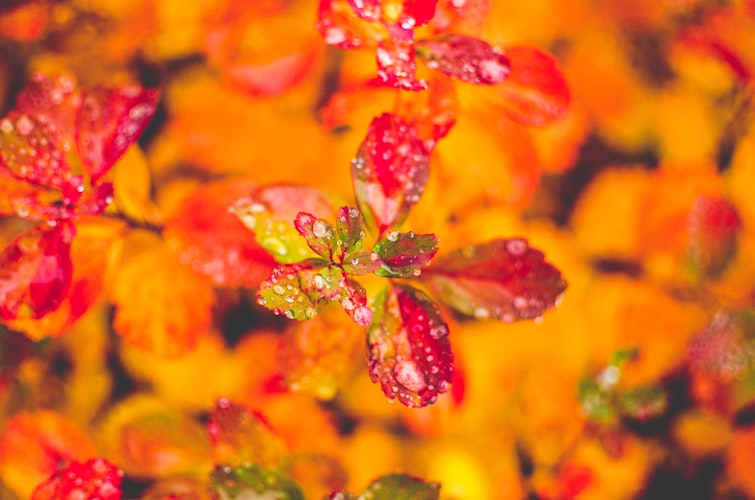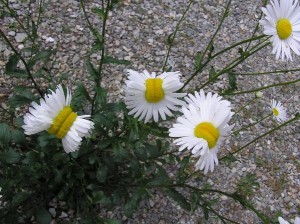
Deformed Daisies Near Fukushima - Radiation or Fasciation?
Twitter is buzzing with a photo posted by @san_kaido -
?????????(?????5/26)?
?????????????????????????????????????????????????????????????????????????????? ??0.5?Sv??(???1m)

They are deformed daisies near Fukushima, but is the deformation caused by radiation? Fasciation is the alternate explanation.
Fasciation (or cresting) is a relatively rare condition of abnormal growth in vascular plants in which the apical meristem (growing tip), which normally is concentrated around a single point and produces approximately cylindrical tissue, instead becomes elongated perpendicularly to the direction of growth, thus, producing flattened, ribbon-like, crested, or elaborately contorted tissue.[1] Fasciation may also cause plant parts to increase in weight and volume in some instances.[2] The phenomenon may occur in the stem, root, fruit, or flower head. Some plants are grown and prized aesthetically for their development of fasciation.[3] Any occurrence of fasciation has several possible causes, including hormonal, genetic, bacterial, fungal, viral and environmental causes.
The answer is not either/or, because fasciation can also be caused by genetic mutation from radiation. Speaking of radiation, readers may also find the following post from 2012 relevant -